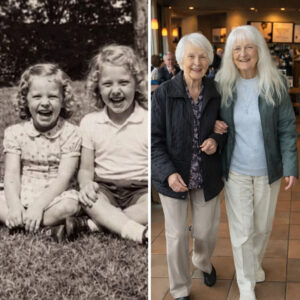They never knocked. That was the thing that always got me—the quiet click of a key and my in-laws suddenly in my kitchen, acting like they owned the place. Aarav would whisper, “Be nice. They helped us buy this house,” and I’d swallow my frustration. One afternoon, I came home early to find his mother reading my mail and my journal while his father impersonated Aarav on the phone with our internet provider. Aarav said they were “helping organize.” That night, fury replaced sleep.
Priya and Rajan had always treated our home like theirs—rearranging my kitchen, buying curtains, even installing a security system without asking. But after they opened my mail, belief in good intentions vanished. The final straw came when I caught them cleaning my spice cabinet and building a “budget spreadsheet” for us. Aarav had given them our bank access. I packed a bag and left.
When we finally talked, I told him I wanted to buy them out—repay every cent of their down payment. For the first time, he stood up to them. Together, we sold the car, took extra jobs, and sent repayment piece by piece. The day we changed the locks, I finally breathed.
Months later, Priya wrote—a half-apology, half-confession. We agreed to see them again, but on our terms: knock, ask, respect no. Now our home is quiet, imperfect, and fully ours. I learned that help with strings is just control disguised as kindness—and that it’s okay to change the locks.


